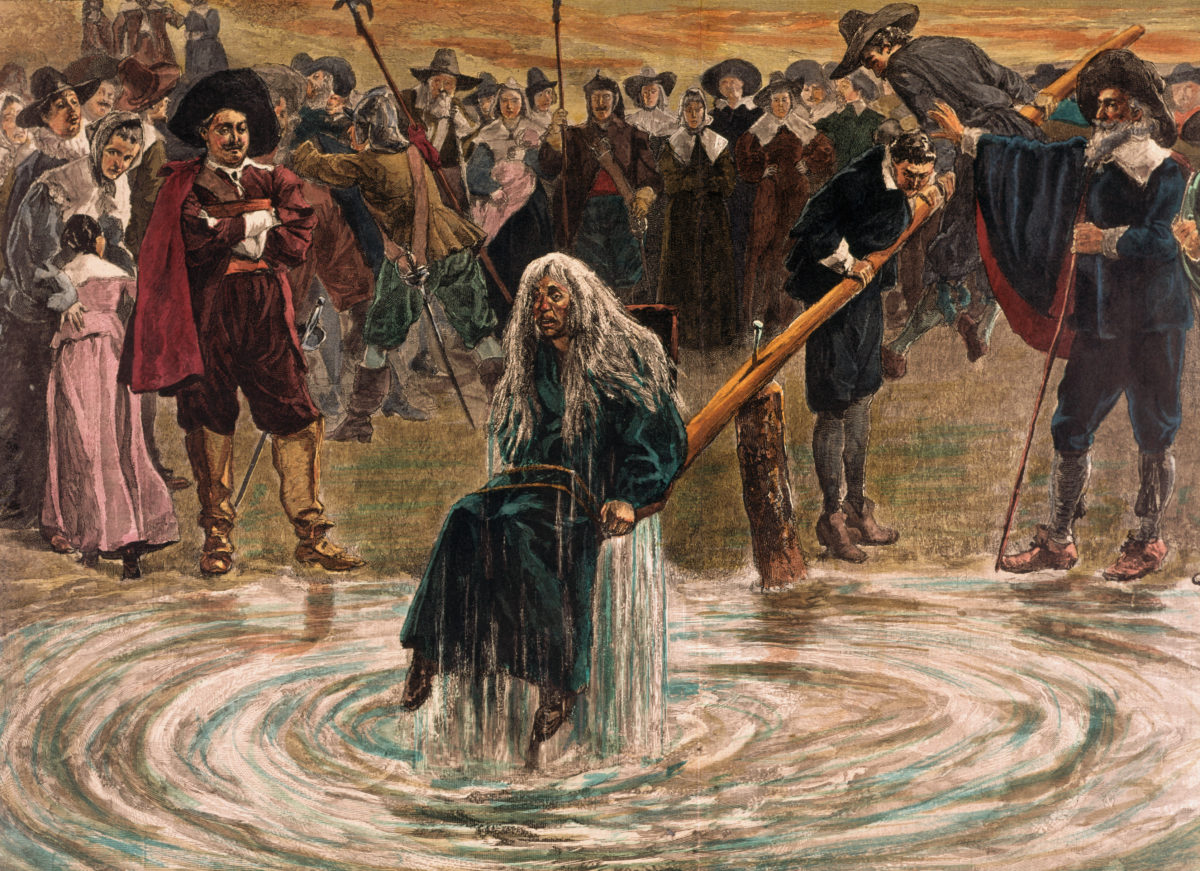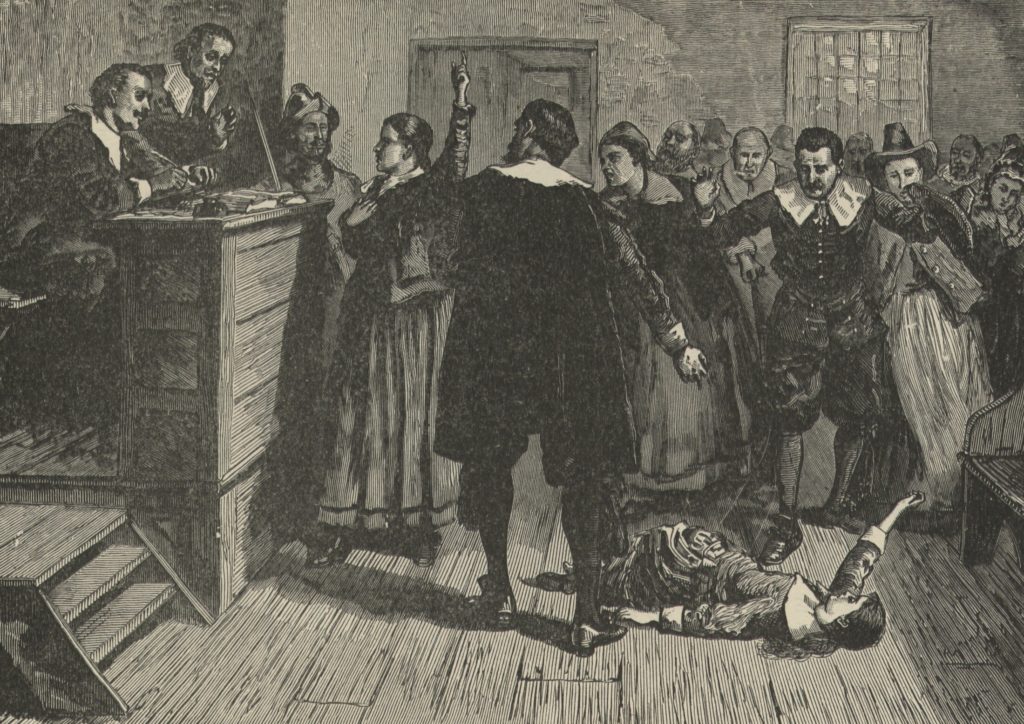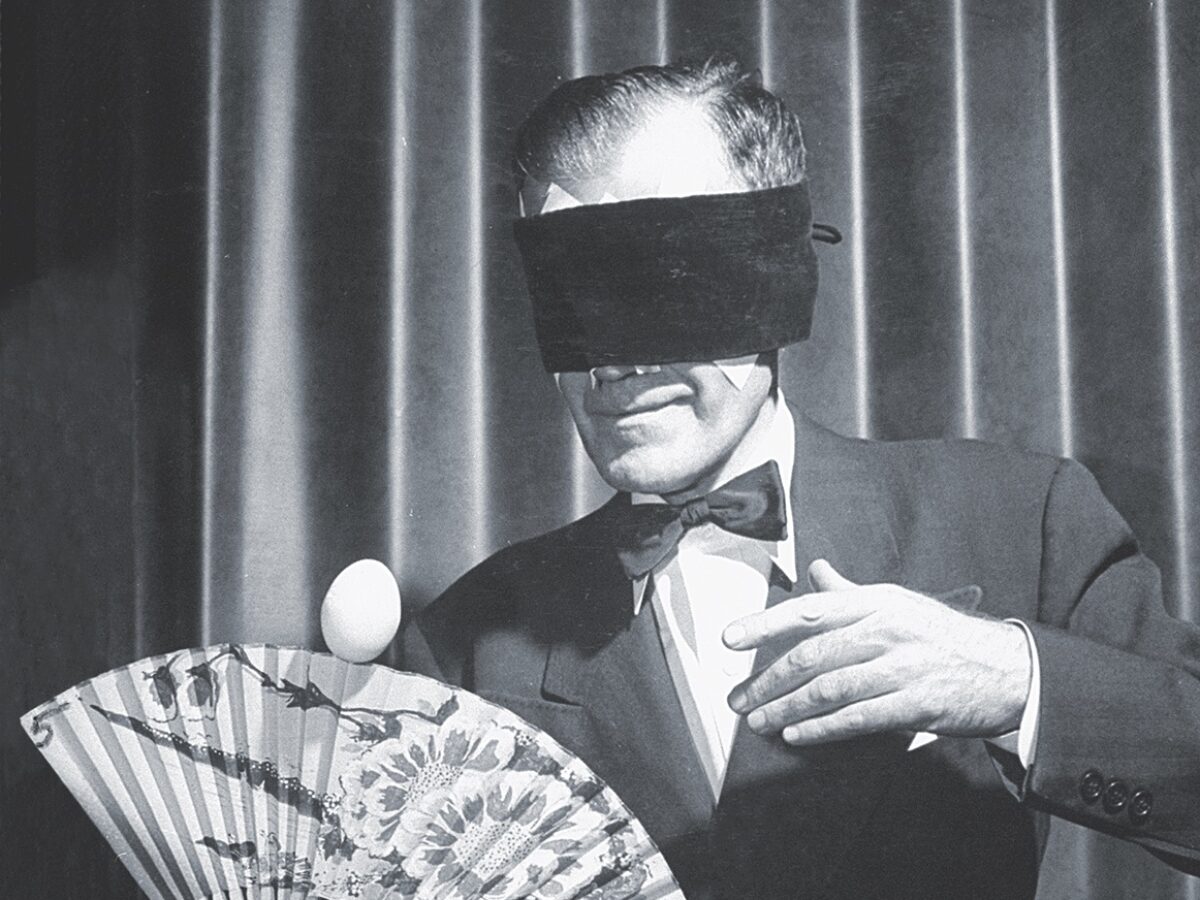Elizabeth Johnson Jr., the final Massachusetts resident to be still considered a witch under state law, has finally been exonerated, The New York Times reports. All it took was 329 years and some very persistent eighth graders.
Last week, Massachusetts Gov. Charlie Baker signed the state budget. It included an amendment formally clearing Johnson of any wrongdoing — the fruits of a multiyear campaign spearheaded by civics teacher Carrie LaPierre and students at North Andover Middle School.
The Salem witch trials occurred in northeastern Massachusetts between 1692 and 1693, when around 200 locals were accused of witchcraft, with 20 executed. Johnson escaped with her life but not her reputation in 1693 after she was tried, sentenced to death and then granted a reprieve. (More than 20 members of Johnson’s family were also suspects.)
GET HISTORY’S GREATEST TALES—RIGHT IN YOUR INBOX
Subscribe to our HistoryNet Now! newsletter for the best of the past, delivered every Monday and Thursday.
Witch Trial Escapee
LaPierre learned about Johnson from historian Richard Hite, the author of a book about the Salem witch trials. Most Massachusetts residents accused of witchcraft (including Johnson’s own mother) had already been legally cleared, with her being the lone holdout.
“The assumption is she had no direct descendants to push for her exoneration” LaPierre told CBC News. “She actually tried to get herself exonerated, but the general assembly didn’t take up her case.”
LaPierre sought justice for Johnson, engaging her civics students in letter-writing and outreach campaigns as they studied primary sources from the Salem witch trials, including Johnson’s own trial testimony. The crusaders forged a personal connection with the long-dead woman, whom they nicknamed “E.J.J.” When their efforts hit a stalemate, state Sen. Diana DiZoglio swooped in and offered a helping hand, introducing the key legislation and adding it to the budget bill.
Recommended for you
Targeting Outsiders
Biographical details of Johnson are scarce, although we do know she was single and died in 1747 at age 77. Those accused of witchcraft in Puritan times — mostly women, though men were also targeted — were frequently social outsiders.
During her trial on Aug. 11, 1692, Johnson testified that another Salem woman, Martha Carrier, allegedly “perswaded her to be a witch,” according to the University of Virginia’s Salem Witch Trials Documentary Archive and Transcription Project. (False confessions were sometimes made to escape the gallows, as those who “came clean” seemingly faced better odds of survival.)
Massachusetts filmmakers who followed LaPierre and her students throughout their campaign are currently producing a documentary about Johnson.
historynet magazines
Our 9 best-selling history titles feature in-depth storytelling and iconic imagery to engage and inform on the people, the wars, and the events that shaped America and the world.








